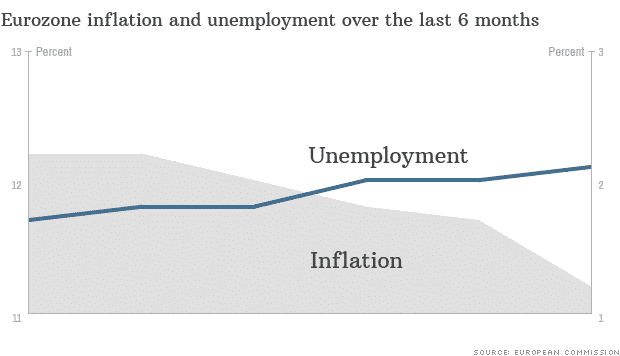 A lot has been said about the citizenship scheme technically known as Individual Investor Programme (IIP).
A lot has been said about the citizenship scheme technically known as Individual Investor Programme (IIP).Critics have divided themselves in two camps. Those who oppose the scheme as a matter of principle, whatever the terms, whatever the conditions. And those who seem to oppose whatever innovations come from government's side but are quite willing to support the scheme on the lines proposed by the PN opposition.
For those who oppose the scheme as a matter of principle I have nothing but respect. My only addendum would be that if they think that citizenship should be strictly reserved for people born in Malta and their offspring, they should also oppose current schemes offering citizenship to foreigners who marry Maltese citizens and reside here for five years and other such schemes which extend citizenship to people other than those with Maltese blood in their veins.
As to the others who would not oppose the scheme on principle but feel that government's model is too lax I understand that they would only support the scheme if it carries the following conditions:
- strict disclosure accompanied by rigid KYC procedures to ensure access to citizenship is denied to unsavoury characters who think their money can buy anything.
- obligation to make investments in Malta to promote economic development
- minimum residency obligation.
Regarding the other two conditions, in an ideal world they ought to be taken on board too. But this is not an ideal world. Far from it!
So before suggesting this or that condition one should ask who are the clients of the IIP scheme. Only when we have a clear idea of the attributes of potential clients can we make an assessment of what maximum conditions would keep the scheme marketable.
In banking circles banks have frequently been accused of willing to give loans and credits to people who do not need them but refusing facilities to borrowers who actually need finance. That's the paradox of this world. Banks want to lend to clients with high credit status who don't need to borrow but are afraid of lending to people with low credit status who actually need to borrow but represent high risk. Obviously there has to be a compromise between these extremes so that banks lend to customers who need financing but on terms and conditions that reward the banks for the risk involved.
For the citizenship scheme we have a similar paradox. If we make conditions regarding investment and residency we may be addressing our offering to people who do not need it. People who make such investments can gain right of residency and if desired tax domicile in many countries. By offering what the Opposition seems to be insisting upon we would be largely making our scheme unsaleable. It's like when the then Minister Tonio Fenech suddenly decided to change the rules for acquisition of property with right of residency by non-EU nationals, and cold turkey, he killed a market that was flourishing. Do we want a repeat of that? Do we want to kill the IIP before it is born?
The question is who needs citizenship and is prepared to pay a million dollars for it? Note that I said pay not invest. Investment means clients can get their money back once they decide to cash out their investment. But paying a million dollar to acquire citizenship under the IIP scheme is a one way payment. It's a fee. It's not refundable.
So who needs such expensive rights to a second citizenship and are prepared to subject themselves to tough due diligence process?
According to my sources such citizenship would interest successful businessmen in countries which suffer political instability due to external threats or internal problems. They have no immediate intention of leaving their original country of birth or acquired citizenship where their business is still evolving. But they need an insurance policy that if the perceived threats turn real they would need to relocate to a country they can still call home.
Imposing investment and residency conditions to such potential clients would mean they are blocked out. Awarding citizenship to such clients on current conditions subject to rigorous due diligence would mean that these clients will be willing to pay one million dollars for the privilege, they will probably visit regularly on holiday and will probably be interested to buy real estate here to enjoy the annual holiday they will start taking here. And gradually as Maltese citizenship grows on them they will start looking for business opportunities to deepen their roots.
First you have to understand who is the client before starting to suggest conditions, unless the intention is to kill the baby before it is born.


